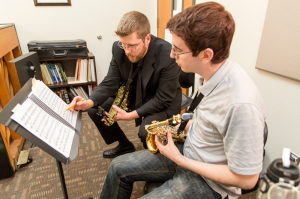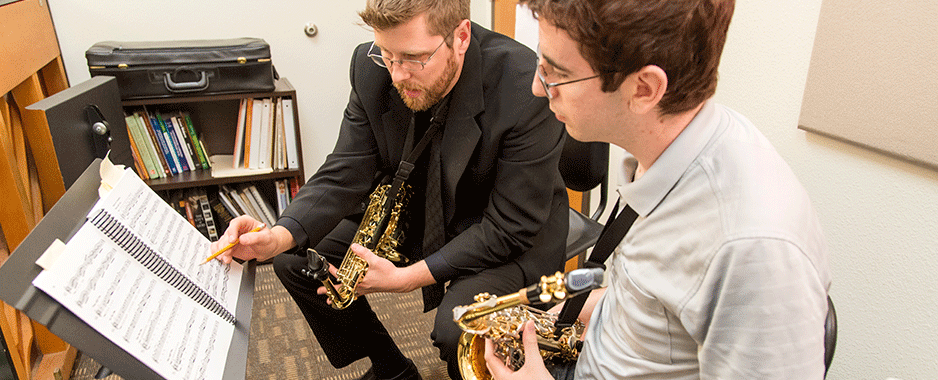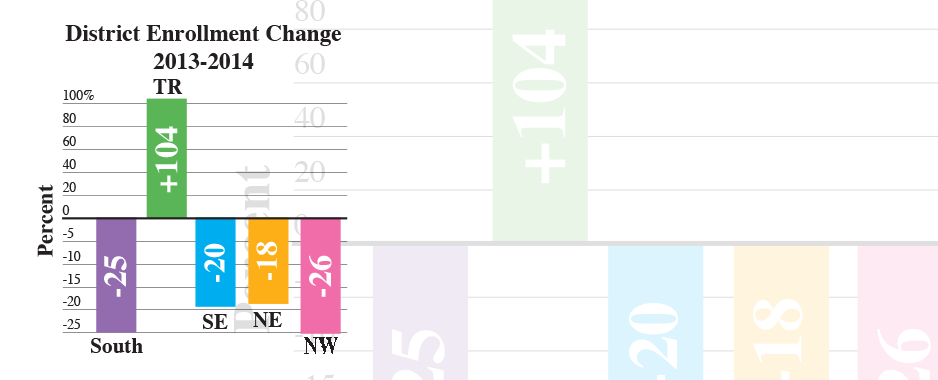
Eric Rebosio/The Collegian
by Dylan Bradley/editor-in-chief
TCC now offers four new associate degrees with degree plans that prepare students for transfer.
The new degrees are in kinesiology, chemistry, mathematics and music.
NE music associate professor Jerry Ringe said that the basic associate degree didn’t set students up for a successful transfer to a four-year university.
“All we’ve really done is look at what the state allows us to do and built a degree that more closely mirrors what students get from universities in their first years,” he said.
Students pursuing a music degree at a four-year university would traditionally have taken around 40 hours of music electives within the first two years of classes.
Meanwhile, TCC music students would get an associate degree with 14-18 hours of music electives with their core coursework complete.
“No wonder people who were transferring out were having either difficulty being admitted places or were being evaluated and told there’s no way we can admit you,” Ringe said. “Now, we’re looking at 35 hours in music and 25 hours out of the core.”
The kinesiology degree is designed to give students an overall education in the field, replacing electives with designated kinesiology and nutrition.
“The degree is primarily designed to make the students more transfer-ready,” NW health and physical education associate professor Joshua Tarbay said. “This degree is designed as a baccalaureate preparation degree. They’re designed to go on to a four-year school and pursue one of the many fields of kinesiology. Kinesiology is a large umbrella.”
The mathematics and chemistry degree programs are also geared to prepare students to continue in more specific fields, SE vice president of academic affairs Leann Ellis said.
“It’s going to prepare them for the next level when they go on to the university,” she said. “We’ve just helped to prepare them better for that opportunity.”
























